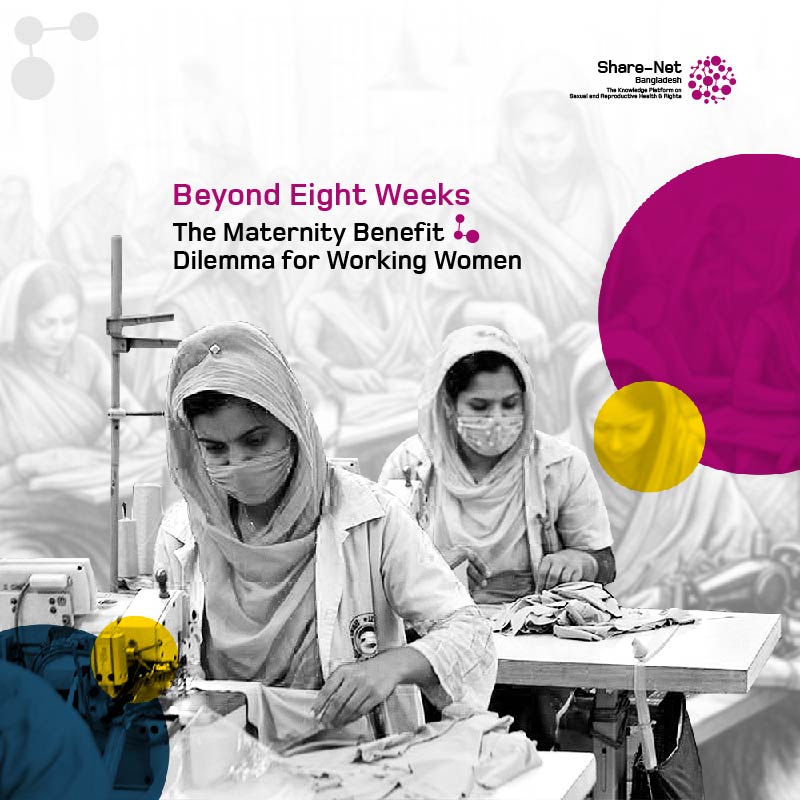Beyond Eight Weeks: The Maternity Benefit Dilemma for Working Women
In Bangladesh, legal provisions for maternity leave exist, yet the reality for many female workers remains far from ideal. While the Bangladesh Labour Act of 2006 mandates maternity benefits, the nuances reveal a complex landscape that demands attention. The term “maternity benefits” encompasses the financial support provided during maternity leave, aiming to give women the necessary time and assistance for postpartum recovery and newborn care.
Under Section 46 of the Bangladesh Labour Act (BLA), female employees are entitled to eight weeks of maternity leave before and after the expected date of delivery. However, eligibility hinges on working for the employer for at least six months prior to delivery. This leaves newly employed workers and mothers with more than one child without these crucial benefits. Furthermore, the law excludes certain offices and individuals in managerial roles, leaving gaps in protection. The informal sector, where many women, such as domestic aides, are employed, remains largely unregulated.
Sumi, a working mother, shares her perspective, “The current system excludes many of us who need these benefits the most. It’s disheartening that the law doesn’t fully recognize the diverse situations women face in the workplace.”
The recently proposed Bangladesh Labour (Amendment) Act 2023 offers a glimmer of hope. If approved, it will extend maternity leave to 120 days, up from the current 112 days. While a positive step forward, it highlights the need for a broader overhaul of the policy-legal framework to bring about transformative changes.
Parul, a seasoned advocate for women’s rights, emphasizes the urgency, stating, “We must acknowledge the specific challenges women face in the labor market. Merely extending maternity leave is not enough; a comprehensive approach is required to bridge the existing gender gaps.”
It’s crucial to recognize that Section 2(65) excludes those in managerial roles from the definition of workers, leaving a significant portion of the female workforce without legal protection. Shahana, a representative of a women’s rights organization, remarks, “We need a paradigm shift in how we approach maternity benefits. It’s not just about the duration of leave; it’s about inclusivity and ensuring that every woman, regardless of her job title or circumstances, is covered.”
In conclusion, while legal mechanisms exist, the nuances of maternity benefits under Bangladesh labor laws reveal gaps that hinder the realization of true equality. The proposed amendments signal progress, but a holistic approach is necessary to address the diverse challenges faced by women in the workforce. It’s time for a concerted effort to transform policies, ensuring they reflect the nuanced reality of women’s lives in the labor market.
Source: The Daily Star
Source Contributor: Sadika Nousheen, LLB Student, University of Dhaka
Picture Credit:


